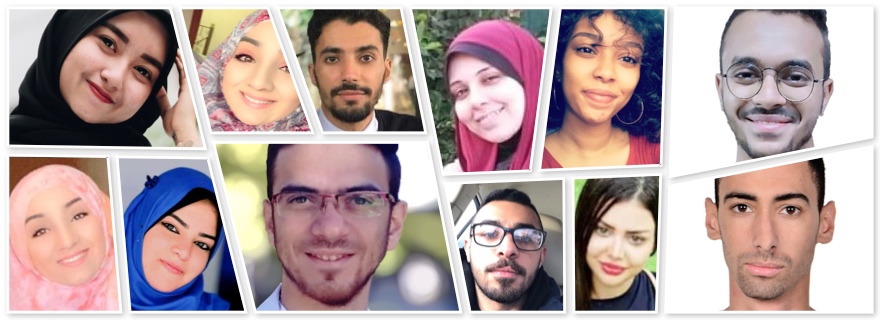This is part nine in the series “Arabs Say…” featuring Arabic speakers from around the Arab world who gives their views on their language and how it is used today. Of course, we should keep in mind that these are personal views and do not represent the views of everyone in their countries. Still, we can learn a lot about the overall linguistic situation and some commonalities and regional differences.
When you speak to Arabs from other countries, what kind of Arabic do you speak together?
I haven't met that many other Arabic speakers, but from what I remember, we mostly use MSA since we can all understand it. Sometimes I have the habit of trying to speak their dialect so we can ease the communication, but mostly we use MSA.
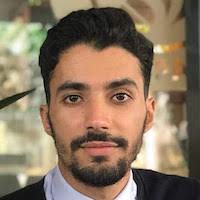
I haven't met that many other Arabic speakers, but from what I remember, we mostly use MSA since we can all understand it. Sometimes I have the habit of trying to speak their dialect so we can ease the communication, but mostly we use MSA.

For me, I try to talk in my own dialect, and if the speaker can't understand some of my words, I explain these words in a different way, or I use vocabulary that is similar to his/her dialect. For the Maghrebi countries, I can talk freely and everyone will understand each other, but in other countries, I usually explain the words in a different way.
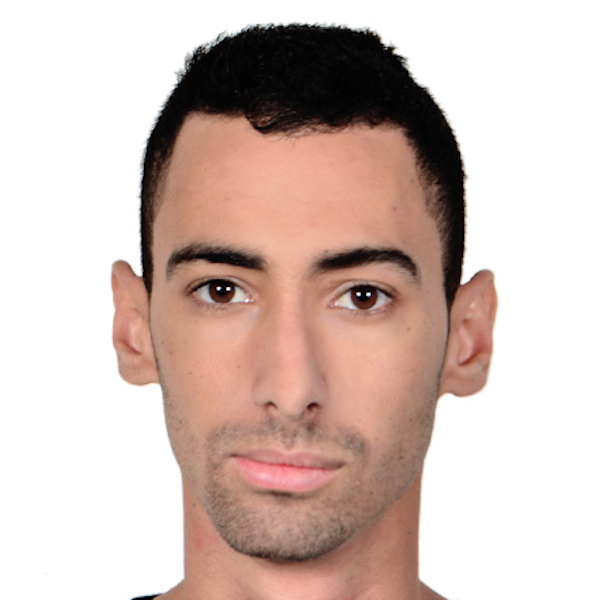
For me, I try to talk in my own dialect, and if the speaker can't understand some of my words, I explain these words in a different way, or I use vocabulary that is similar to his/her dialect. For the Maghrebi countries, I can talk freely and everyone will understand each other, but in other countries, I usually explain the words in a different way.

I speak in my own Sudanese dialect. However, if they don’t understand my own dialect I might have to try and either further explain what I am saying in the MSA, or to speak in their own dialect if it gets trickier or more ambiguous for them to understand.
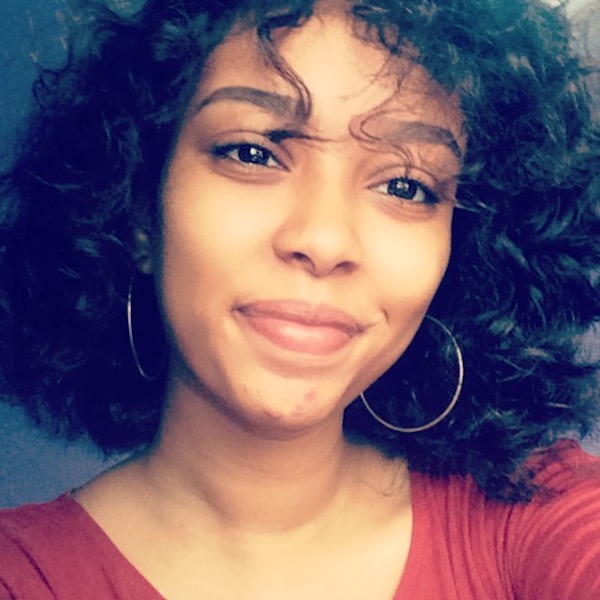
I speak in my own Sudanese dialect. However, if they don’t understand my own dialect I might have to try and either further explain what I am saying in the MSA, or to speak in their own dialect if it gets trickier or more ambiguous for them to understand.

If we talk with Moroccans, Algerians, or Tunisians, we use Egyptian Arabic. They understand Egyptian Arabic because it is easy to be understood. However, when they talk to us, they try to speak in a way that we can understand. I mean by that, they try to avoid using the words that aren't known in MSA. They just focus on the words that both of us could understand. They could use MSA words if we didn't get what they say. By the way, there are lots of actors, actresses, and singers from these countries who act and sing in Egypt. They got famous because of acting in Egypt. They use our dialect, too.
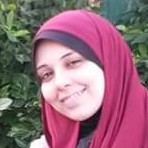
If we talk with Moroccans, Algerians, or Tunisians, we use Egyptian Arabic. They understand Egyptian Arabic because it is easy to be understood. However, when they talk to us, they try to speak in a way that we can understand. I mean by that, they try to avoid using the words that aren't known in MSA. They just focus on the words that both of us could understand. They could use MSA words if we didn't get what they say. By the way, there are lots of actors, actresses, and singers from these countries who act and sing in Egypt. They got famous because of acting in Egypt. They use our dialect, too.

I speak in my ordinary Egyptian dialect, and they understand it so easily because we use in Egyptian dialect a lot of the MSA words and the whole Arabic world understands MSA. That's why they can easily understand the Egyptian dialect.

I speak in my ordinary Egyptian dialect, and they understand it so easily because we use in Egyptian dialect a lot of the MSA words and the whole Arabic world understands MSA. That's why they can easily understand the Egyptian dialect.

Using the most appropriate dialect depends on the dialect he/she understands. Sure, we'll try to find a common dialect to communicate. If not, our beloved MSA is here for both of us. It is always available to help us.
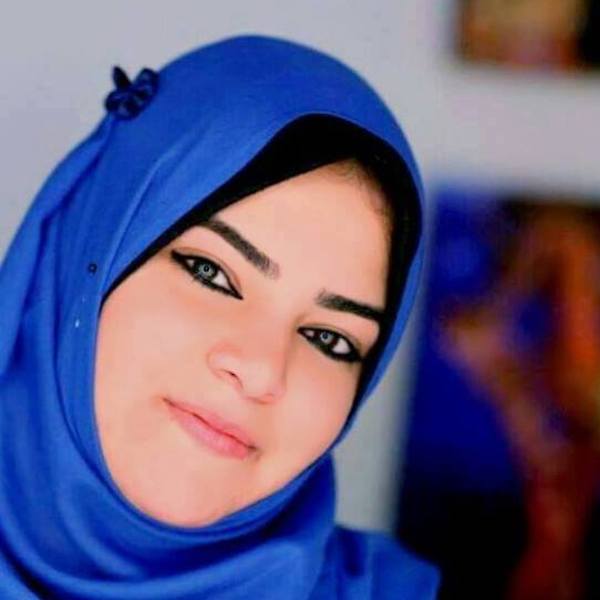
Using the most appropriate dialect depends on the dialect he/she understands. Sure, we'll try to find a common dialect to communicate. If not, our beloved MSA is here for both of us. It is always available to help us.

I speak my own dialect with people from Egypt, Syria, Lebanon, and GCC (Gulf Cooperation Council) countries. They can understand my dialect easily, and I can understand their dialect too. We have many common words and sentences, so we find it easy to communicate even if we are not using the same dialect
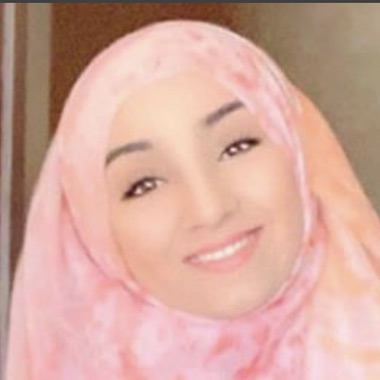
I speak my own dialect with people from Egypt, Syria, Lebanon, and GCC (Gulf Cooperation Council) countries. They can understand my dialect easily, and I can understand their dialect too. We have many common words and sentences, so we find it easy to communicate even if we are not using the same dialect

I tend to use my dialect and borrow words from their dialect when I feel that there is a word they won't understand, but I pronounce those borrowed words with a Lebanese accent. I don't honestly use MSA at all.

I tend to use my dialect and borrow words from their dialect when I feel that there is a word they won't understand, but I pronounce those borrowed words with a Lebanese accent. I don't honestly use MSA at all.

If he is Palestinian, Jordanian, Lebanese, or Egyptian, I just use my dialect without using our special words and terms. But if he is from another country, I try to use a simple language, or I use Modern Standard Arabic, which is understood to most of the Arabs. And sometimes, I use the literary language.
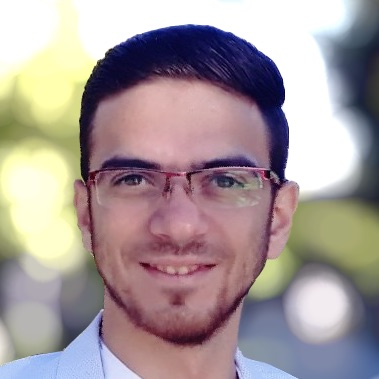
If he is Palestinian, Jordanian, Lebanese, or Egyptian, I just use my dialect without using our special words and terms. But if he is from another country, I try to use a simple language, or I use Modern Standard Arabic, which is understood to most of the Arabs. And sometimes, I use the literary language.

Mostly, we both speak our dialects, but it depends on which countries we're from. There are some countries that cannot understand each others' dialects, so they have to speak MSA. That's how it works. In official and government meetings, MSA is usually used.

Mostly, we both speak our dialects, but it depends on which countries we're from. There are some countries that cannot understand each others' dialects, so they have to speak MSA. That's how it works. In official and government meetings, MSA is usually used.

When I speak to other people, I try to use a more neutral dialect with far fewer colloquial words from my dialect. That way, they can understand me better, and there will be less confusion. And I usually ask them, what they call this object or this action in their dialect, so I know what they mean when they say it.
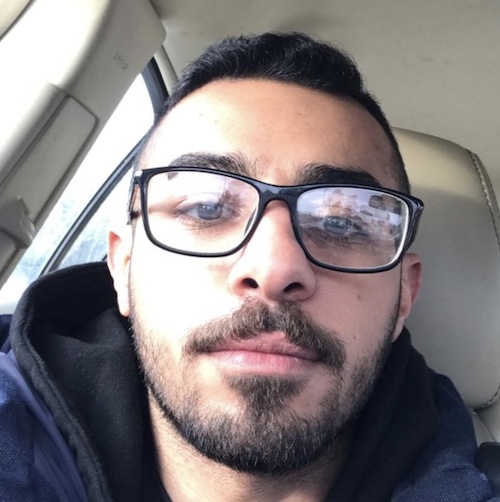
When I speak to other people, I try to use a more neutral dialect with far fewer colloquial words from my dialect. That way, they can understand me better, and there will be less confusion. And I usually ask them, what they call this object or this action in their dialect, so I know what they mean when they say it.

My own dialect mashed together with what I know of their dialect–except Egyptian people. I'll talk in Egyptian dialect if I am in Egypt, but in my normal dialect, if I'm in my country. I don't know why. It's habit, I guess.

My own dialect mashed together with what I know of their dialect–except Egyptian people. I'll talk in Egyptian dialect if I am in Egypt, but in my normal dialect, if I'm in my country. I don't know why. It's habit, I guess.


